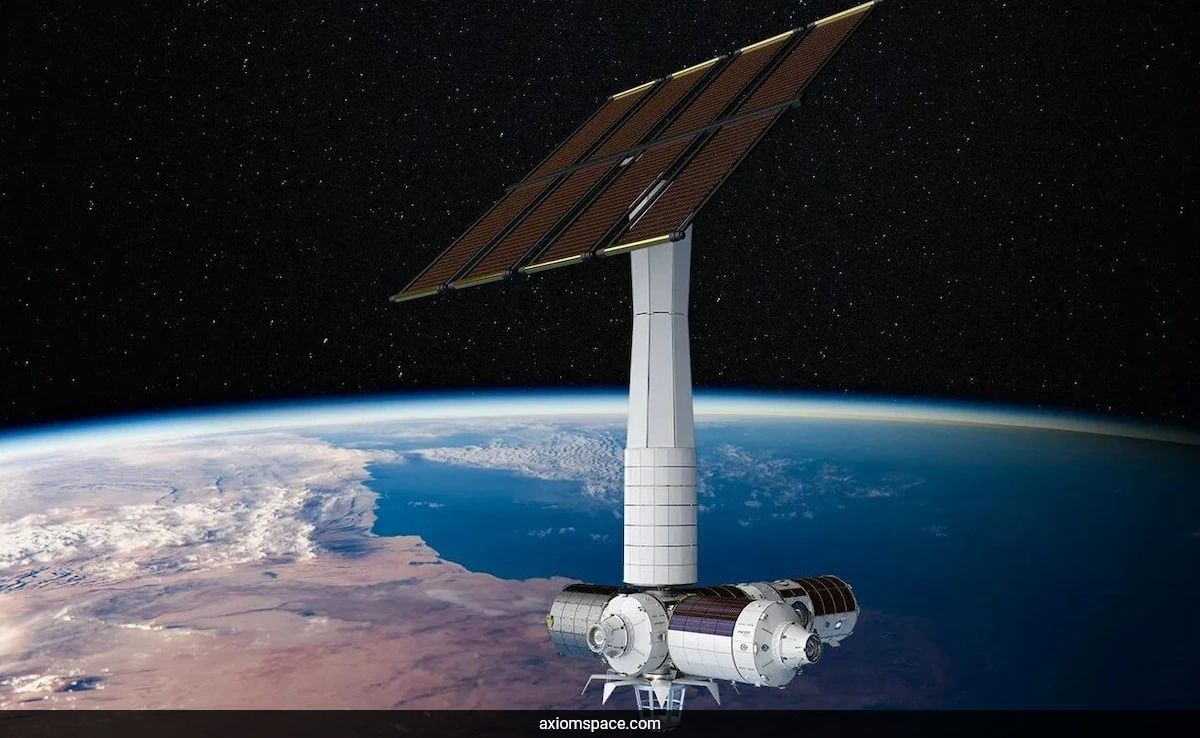Axiom Space Leads the Charge in Developing the Next-Generation Space Station

Houston, Texas - As the International Space Station (ISS), which has been humanity's orbital home for over two decades, approaches its retirement date in 2031, the race to develop its successor is intensifying. Axiom Space, a Houston-based company and a key player in training astronauts for India's upcoming 2025 mission to the ISS, is at the forefront of this new space race.
Axiom Space has declared itself as the leading provider of human spaceflight services, focusing on both operating missions to the ISS and developing its successor, the Axiom Station. The company is also pioneering next-generation spacesuits designed for operations in low-Earth orbit, the Moon, and beyond.
Pearly Pandya, Director of International Government Business at Axiom Space, expressed optimism about future collaborations with India. Speaking to NDTV, she highlighted the potential for Indian rocket technology to play a significant role in future space missions. "I would love to see that. For us, it is important that the supply chain is global and diverse," Pandya remarked, emphasizing India's growing stature as a space superpower, particularly after the successful Chandrayaan-3 lunar mission.
Construction of what could be the world's first commercial space station by Axiom Space is already underway. Following critical design reviews and collaboration with NASA, Axiom's partners at Thales Alenia Space have begun the physical construction of the primary structures for the first module of Axiom Station. The initial pieces of the station are being assembled and are expected to arrive in Houston for final integration, with plans for the first module launch targeted for 2026.
Addressing India's ambitious plans to establish its own space station, Bharatiya Antariksha Station, by 2035, Pandya mentioned that Axiom Space would be eager to support India, discussing possibilities like interoperability, module construction, or even "space trade" where each station could offer unique capabilities.
As the deadline for the ISS's retirement nears, the collaboration between nations and private entities like Axiom Space underscores a new era of space exploration, where commercial ventures are increasingly pivotal. The vision for the future includes not just one, but potentially multiple space stations, fostering a new frontier of human habitation and research in space.
